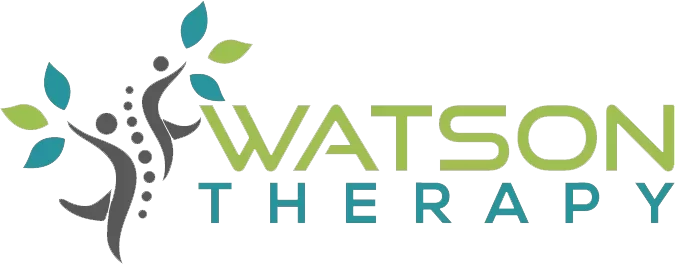Finding a safe space for therapy is essential, you should feel seen, heard and accepted. If you are a member of the 2SLGBTQIA+ community it can sometimes be hard to determine how to find professional services that wont require you to advocate tirelessly for yourself.
A part of the reason this is complicated is because there is no “right answer”. Some 2SLGBTQIA+ people will want to go to someone with similar life experiences, and if that is you that is great! Find a therapist that feels like someone you can have a partnership is important. Other 2SLGBTQIA+ people might be less interested in finding someone who is a part of the same community as long as the person is an ally and makes them feel safe and heard, this is okay too.
If you are brand new to therapy
Your relationship with your therapist is the MOST important thing. It is not your job to change your story or yourself to “fit” in this space. The person you choose to support you should be someone who makes you feel comfortable and creates space for you to be authentic. You should be able to ask them questions, and challenge them around things that don’t seem to fit for you or that you are unsure of.
This is not to say that therapy should be easy, this work will be difficult at times, and it is normal to be apprehensive. But you should be confident in your therapist ability to support you and guide you.
Most therapist now will offer you an opportunity to connect with them over the phone, virtually or in-person, to get a feel for them and their approach. Treat this like an interview for them. Take your time, ask questions and get a sense of who they are and where they stand on things.
It doesn’t have to be about your gender or sexuality
Your gender or sexual might be the thing you come to therapy for, and it might not. Who you are is important to the work you will do with your therapist, and parts of your identity, gender, sexual orientation will likely show up in someway. However, if you are not interested in exploring these things there should be no pressure to make this a priority in therapy unless that is what you want.
What You Can Expect
From the right person from you, should expect:
- Your identity to be acknowledge: Who you are is important, and your therapist should make space for that in a way that feels comfortable and supportive.
- You should be able to direct what you are talking about: If you came to therapy to explore your identity, 2SLGBTQIA+ or any other part of yourself, you should have a say in the focus of your sessions. Your therapist should listen and take in what you are saying

Self Exploration & Self-Love
If self-exploration, confidence, or awareness are a part of the work you want to do, that is wonderful! Understanding ourselves more deeply is a part of most peoples journey in therapy, and self-exploration is how we do that.
The way your gender or sexuality show up in this depends on you as an individual. For some people this may mean talking about where we sit with our gender identity and expression currently, and for others that may be a part of our history that is important, but not the focus. Your therapist should support you in navigating the focus of this work, and should help make sure that if you feel that parts of your identity are or are not being prioritize the way the should you change course.
Finding Your Fit
Your relationship with your therapist is essential to a successful and meaningful journey in therapy.
- Do you feel comfortable: Comfortable to be authentic, and to move into hard places. Do you have a sense that you are supported and this person has you your back.
- Do you feel connected to them: Your connection is important, this should be a person that you can develop a professional bond with. This relationship will feel different then other relationships, more personal then most professionals, but more one-sided then personal relationships.
Questions to Ask
Knowing the right questions to ask a new therapist can be tricky if you haven’t been through the process before. Even if you aren’t new to therapy, the “interview” part of the process can be feel a bit odd. Remember this is your opportunity to get to know this person and what they stand for. There are no rules about what you are allowed to ask, but there are somethings that are helpful to know.
- The basics: Are sessions, virtual or in-person? What hours do you offer? How far out are you booking right now? Do you offer direct billing? How long do your clients come for?
- Get to know them: Who do you work with? What is your approach like? Do you have experience supporting 2SLGBTQIA+ people?
Therapy is about YOU!!!
The most important thing to remember is that this is about you. So Browse!! Check out websites and blogs and social media. Set up phone calls to talk and ask as many questions as you can think of. Check out their vibe and approach. Find your match. You don’t have to just go with the first person you speak with.
If you are looking for free services in Waterloo Region connect with OK2ME or Spectrum for support.


 Seasonal Affective Disorder (SAD): How to Build a Winter Wellness Routine
Seasonal Affective Disorder (SAD): How to Build a Winter Wellness Routine